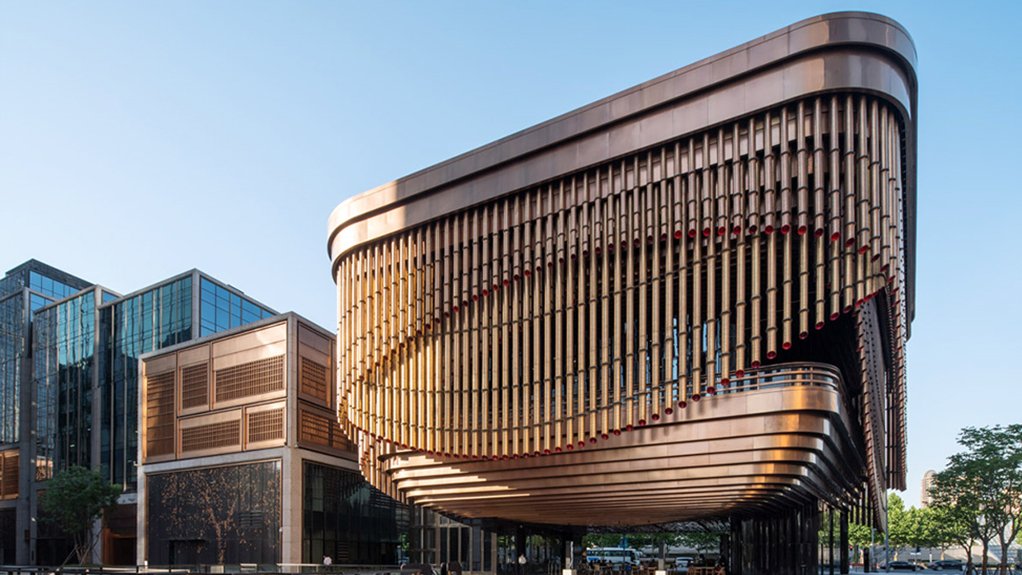The current shortages of raw materials, which are required for stainless steel fabrication, have highlighted how stainless steel raw material suppliers are vital for the company’s supply chain and economical efficiencies, says water-jet cutting service provider MAXJET director Preeshan Naidoo.
This consistent supply of raw materials provides many benefits, and the company has a key approved network of reliable material suppliers, he adds.
Naidoo highlights that, in addition to the effects of Covid-19, the local market has been further negatively affected by the impact of the unrest and looting, in KwaZulu-Natal and Gauteng in July.
This could add to the downward trend of the South African economy, which was declining prior to the pandemic, he stresses.
Some of the raw materials used in the production of stainless steel, such as nickel, have been rallying to all-time highs, owing to excessive demand for these materials. Nickel is a key component of austenitic alloys, which are commonly used in South Africa, adds Naidoo.
However, he points out that China is one of the largest consumers of raw materials and is facing significant demand challenges, owing to its high consumption of energy.
Potential material shortages owing to high demand could lead to price increases for raw materials, particularly for the local market, he adds.
“In an ideal world, South Africa has all the tools and resources at its disposal to locally manufacture and fabricate stainless steel on a larger scale, but the constant rise in operational costs and the energy crisis currently makes it uneconomical to compete against imports.”
MAXJET’s crucial network of reliable suppliers mitigates these supply constraints.
The key to MAXJET’s efficiency model regarding projects is that this model encourages and promotes the ‘pay now and save later’ model.
Through this model, MAXJET encourages clients, particularly in the petrochemicals and architectural industries, to design for and use the superior grades of raw materials that are available.
“As we face shortages of supply in certain alloys, opting to use superior grades leads to cost savings in the long term, as these alloys outlast the cheaper grades, resulting in long-term benefits. “It is also beneficial in the short term, as they can be used until sufficient stocks are available.”
Cold Cutting
Naidoo affirms that MAXJET’s cold cutting processes are beneficial for clients, as the process maintains the structural integrity of alloys, providing them with the maximum-yield life span.
The company can cut various material types, with thicknesses ranging between 0.05 mm and 100 mm, minimising most downstream processes.
MAXJET’s use of a fine ‘jet’ – 1 mm – also allows for less waste of materials, as parts and components are effectively handled by MAXJET’s skilled and experienced team.
He adds that the company’s short-term goals are to remain competitive in the local market while aiming to penetrate other African markets and boost exports.
“South Africa has a solid technological background and we should use this opportunity to better serve African markets. “We are also optimistic about the steel master plan outlined by government and look forward to its fruition to the benefit of our local manufacturers,” Naidoo concludes.
Edited by: Zandile Mavuso
Creamer Media Senior Deputy Editor: Features
EMAIL THIS ARTICLE SAVE THIS ARTICLE
ARTICLE ENQUIRY
To subscribe email subscriptions@creamermedia.co.za or click here
To advertise email advertising@creamermedia.co.za or click here













